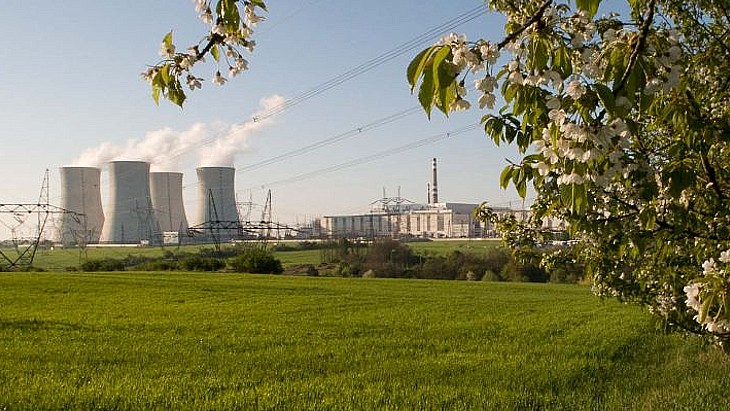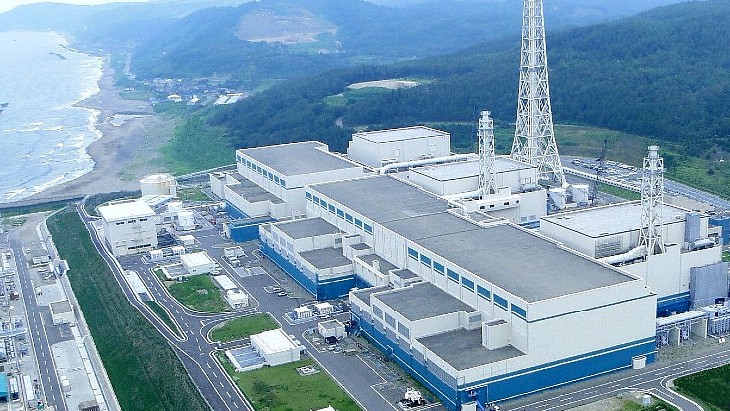Fossil fuels now provide some 90% of Japan's electricity as nuclear plants remain shut down. Consumption of crude and heavy oil for electricity is at a four-year high.
Charts produced by the US Energy Information Adminsitration (EIA) based on Bloomberg data show that as nuclear power production has dwindled, it has been LNG that has grown to fill the gap. Use of that fuel in January to April 2012 is up 34% on the same period in 2011, making Japan the world's biggest LNG consumer.
The other fuel to step in to replace nuclear power has been petroleum - crude oil and heavy oil. Use of these has doubled since February 2011 and is at its highest level since February 2008.
_460x198.jpg) |
_460x197.jpg) |
_460x184.jpg) |
While use of coal did not increase in the last year, neither did production from the only low-carbon source, hydro, said the EIA.
The overall picture saw fossil fuels provide 90% of Japan's electricity from January to April 2012, compared to 64% in for the same period in 2011. Historically, nuclear power has normally provided about 30%.
Data on the environmental cost of this rush to fossil fuels is not yet public, but the economic impact has seen Japan's trade balance dip into the red and sent its companies scrambling to secure LNG supplies.
The cause of these changes in Japan's energy supplies is the shutdown of 50 reactors that await approval to restart after the unprecedented accident at Fukushima Daiichi. Four reactors there were wrecked after sea and flood defences failed in the face of the tsunami of 11 March 2011. Operators must demonstrate they are better prepared to manage severe accidents and show regulators that their stress tests have properly considered external risks.
At the same time the Japanese government must put in place a more independent regulatory system, satisfy the public that the factors leading to the Fukushima accident have been properly addressed and develop a new energy policy.
The first units to restart will probably be Ohi 3 and 4, owned by Kansai Electric Power Company. Regulators have approved their restart, as has the local town council. Approval at the prefectural level should follow, but prime minister Yoshihiko Noda has said that he will make the final decision on restart.
Researched and written
by World Nuclear News





_53514_33880.jpg)


_91467.jpg)





